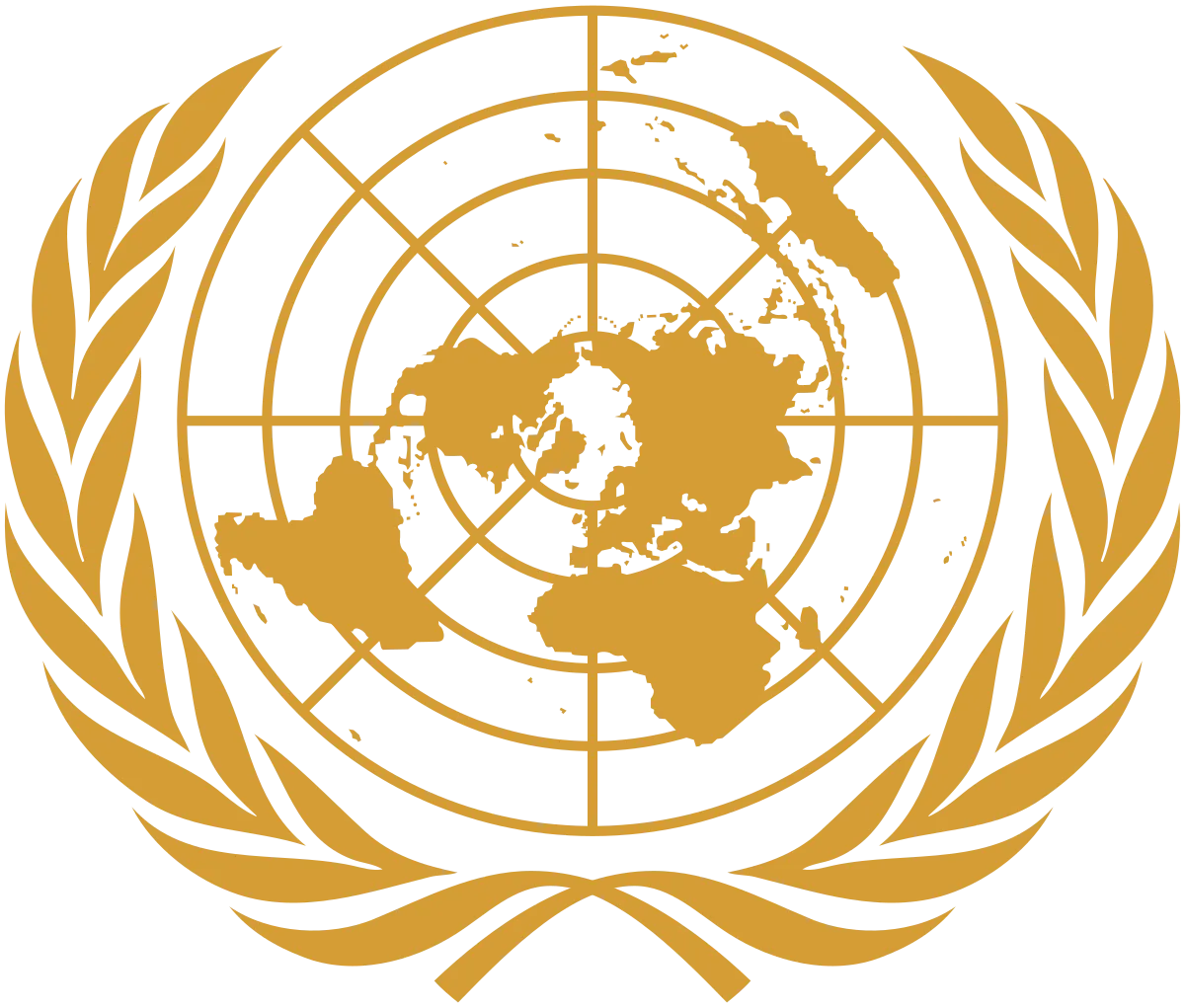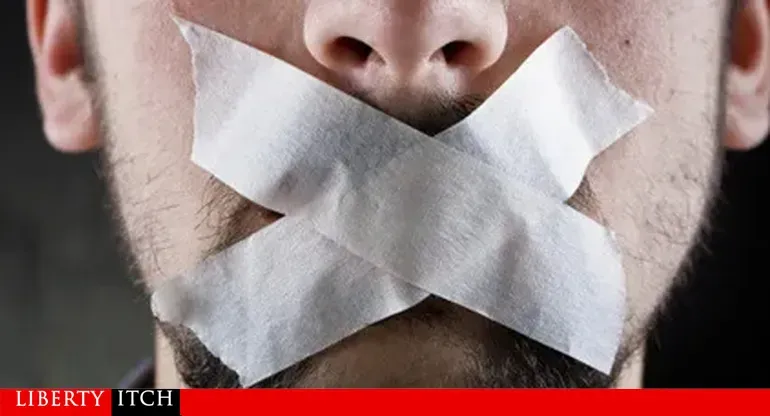Table of Contents
Recently Prime Minister Jacinda Ardern gave a speech to the UN. Those on the right have called it a call to censorship, while those on the left vehemently disagree.
[Introduction, mostly in Maori, with a bit of English at the end.]
[…] COVID-19 was devastating. It took millions of lives.
[…] It forced us to acknowledge how interconnected and therefore how reliant we are on one another.
Only because of the lockdowns imposed by the government.
We move between one another’s countries with increasing ease. We trade our goods and services.
And when one link in our supply chain is impacted, we all are.
And why was the supply chain impacted? Again, government-imposed lockdowns.
The lessons of Covid are in many ways the same as the lessons of climate change.
[…] When crisis is upon us, we cannot and will not solve these issues on our own.
The next pandemic will not be prevented by one country’s efforts but by all of ours. Climate action will only ever be as successful as the least committed country, as they pull down the ambition of the collective.
The use of the word collective is telling. To me it’s a Freudian slip revealing her communistic tendencies. She also doesn’t mention that the least-committed country regarding climate change is China. But I suppose that would be too much for the CCP.
[…] That’s why on pandemic preparedness we support efforts to develop a new global health legal instrument, strengthened international health regulations and a strong and empowered World Health Organisation.
With its indefensible support for the War on Drugs and its tendency to get almost everything wrong, the World Health Organisation is a joke. I can only imagine what the new global health legal instrument will be like. Mandatory lockdowns for member states, forced vaccinations will be only the start.
[…] We were amongst the founding members of the United Nations as governments of the day recognised that the perils of war would only be avoided through a greater sense of shared responsibility.
The basis on which this institution was formed remains as relevant today as it was then.
But without reform, we risk irrelevancy.
There is perhaps no greater example of this than Russia’s invasion of Ukraine.
[…] It is a direct attack on the UN Charter and the international rules-based system and everything that this community should stand for.
[…] This war is based on a lie.
But I recognise, that for the people of Ukraine who have lost loved ones, their sense of peace and security, their livelihoods – these are all just words.
[…] In March when we most needed the UN Security Council to act in the defence of international peace and security, it could not. It did not fulfil its mandate because of one permanent member who was willing to abuse its privileged position.
That was wrong.
[…] For the United Nations to maintain its relevancy, and ensure that it truly is the voice of the breadth of countries it represents, the veto must be abolished and Permanent Members must exercise their responsibility for the benefit of international peace and security, rather than the pursuit of national interest.
[…] That’s why Aotearoa New Zealand calls on all states that share this conviction to join the Treaty on the Prohibition of Nuclear Weapons.
[…] In New Zealand, we have never accepted the wisdom of mutually assured destruction.
[…] Nuclear weapons do not make us safer.
You could also argue that the threat of nuclear weapons prevented the Cold War from becoming a hot war.
[…] The face of war has changed. And with that, the weapons used. The tools used to challenge the statehood of others are hidden and more complex.
[…] After all, a bullet takes a life. A bomb takes out a whole village. A lie online or from a podium does not.
But what if that lie, told repeatedly, and across many platforms, prompts, inspires, or motivates others to take up arms? To threaten the security of others. To turn a blind eye to atrocities, or worse, to become complicit in them. What then?
Notice how she equates bullets and bombs with disinformation (the spread of information known by the person spreading it to be wrong).
[…] We recognised the threats that the old weapons created. We came together as communities to minimise these threats. We created international rules, norms and expectations. We never saw that as a threat to our individual liberties – rather, it was a preservation of them.
The same must apply now as we take on these new challenges.
In Aotearoa New Zealand, we deeply value our right to protest. Some of our major social progress has been brought about by hikoi or people power – becoming the first country in the world to recognise women’s right to vote [and] movement on major indigenous and human rights issues to name but a few.
Tell that to the Wellington protesters.
Upholding these values in a modern environment translates into protecting a free, secure and open internet. To realise all of the opportunities that it presents in the way we communicate, organise and gather.
But that does not mean the absence of transparency, expectations or even rules. If we correctly identify what it is we are trying to prevent.
[…] This week we launched an initiative alongside companies and non-profits to help improve research and understanding of how a person’s online experiences are curated by automated processes. This will also be important in understanding more about mis- and disinformation online. A challenge that we must as leaders address.
In short she wants the government to have the ability to censor content if it could possibly lead to someone doing something harmful.
[…] As leaders, we are rightly concerned that even those most light-touch approaches to disinformation could be misinterpreted as being hostile to the values of free speech we value so highly.
But while I cannot tell you today what the answer is to this challenge, I can say with complete certainty that we cannot ignore it. To do so poses an equal threat to the norms we all value.
After all, how do you successfully end a war if people are led to believe the reason for its existence is not only legal but noble? How do you tackle climate change if people do not believe it exists? How do you ensure the human rights of others are upheld, when they are subjected to hateful and dangerous rhetoric and ideology?
[…] But we have an opportunity here to ensure that these particular weapons of war do not become an established part of warfare.
Here we come to the core issue. According to Ardern, climate change ‘denial’ and ‘hate speech’ (whatever that is) are weapons of war. If you accept that, then it logically follows that these should be subject to the same or equivalent laws as actual weapons of war.
Think about that for a moment. Bombs and military weapons are banned. Hence according to the above, climate change ‘denial’ should be banned. It also follows that anyone who participates in ‘hate speech’ should be subject to the same kind of penalties as someone caught with bombs and military weapons.
Those who call Jacinda’s speech a call to censorship are wrong. It’s much more sinister than that.









